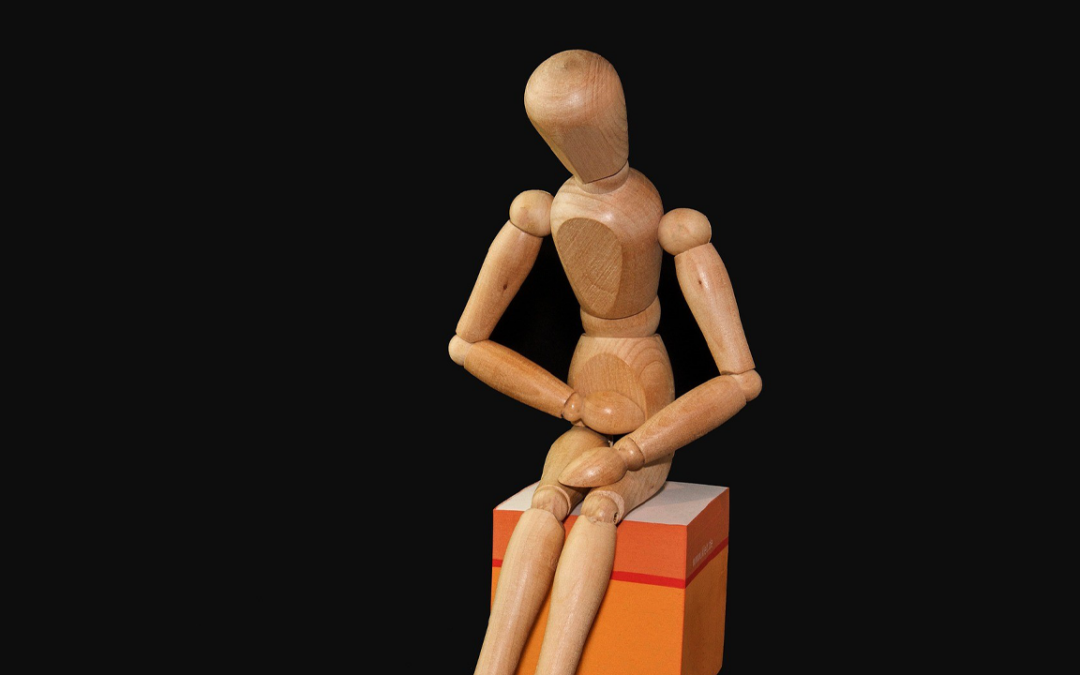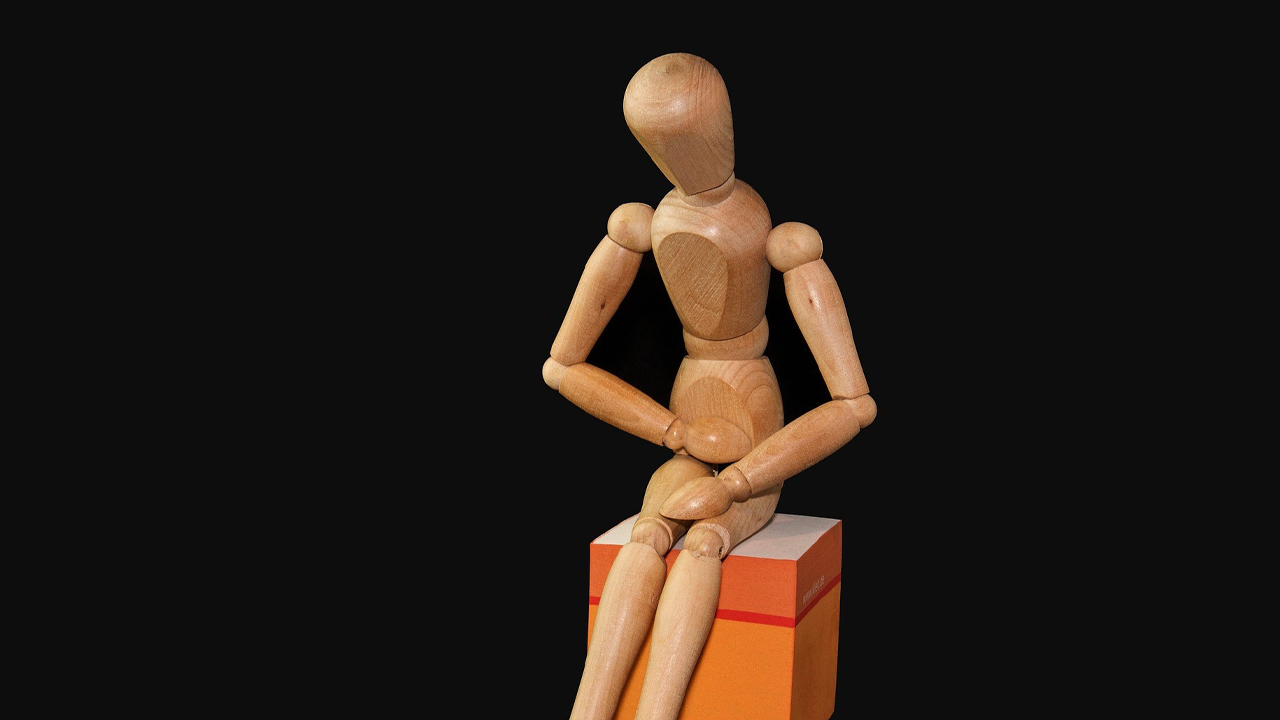Find a CBT Therapist
Search through our directory of local clinicians.
CBT and the Gut-Brain Connection
A recent article on NewsBeezer refers to how CBT and mindfulness can impact the “gut-brain connection.” Nutritionist Dr. Rossi refers to the vagus nerve as the gut-brain connection that impacts both our physical and mental health, stating, “This often means that what’s going on in your brain can influence what’s going on in your gut, and vice versa.”
The article refers to mindfulness practices that can impact how we eat, as well as how these practices effect the brain. One of these examples is mindful eating, which can include paying attention and using the five senses to better understand how you eat and how you feel while eating.
In addition to mindfulness, the article references gut-directed hypnotherapy, breathing exercises, and cognitive behavioral therapy (CBT) as evidence-based practices used to treat gut-related issues. A core principle of CBT is that our thoughts, feelings, and behaviors are interrelated. CBT can be used to treat gut-related issues, especially those caused by stress, by providing psychoeducation, relaxation techniques, and cognitive restructuring to help alleviate symptoms. Although these psychological and mindfulness-based practices have shown to improve symptoms, it is vital to recognize that digestive issues should be addressed in conjunction with a medical professional.
Written by Erinne Benedict
Edited by Nicholas Crimarco, Ph.D.


